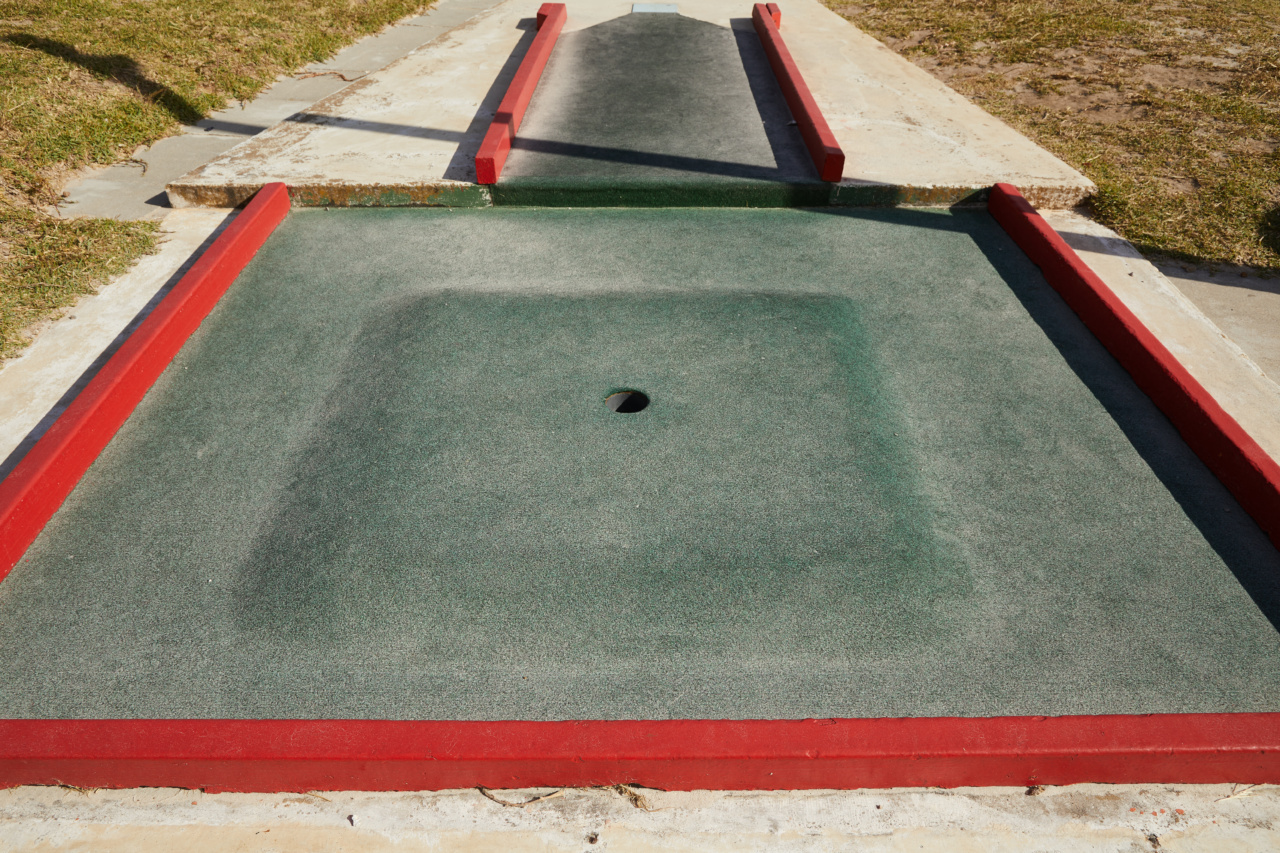Sexual desire is a complicated and multifaceted aspect of human life. While men’s higher sexual drive is often considered a given, women’s sexual desire is subject to a range of social, cultural, and physiological factors.
In recent years, there has been a growing acknowledgment of the prevalence of female sexual dysfunction, including lack of interest in sex (hypoactive sexual desire disorder), among women of all ages. Here are some of the complex reasons behind women’s lack of interest in sex:.
Psychological Factors
While physical factors can certainly diminish an individual’s interest in sex, psychological and emotional factors often play a significant role in female sexual desire.
One of the most common psychological issues that can affect sexual desire is stress. When a woman is feeling overwhelmed or anxious, it can be difficult for her to relax and feel sexually aroused.
Depression and anxiety can also decrease sexual interest and create a lack of libido, and past sexual trauma can cause negative associations with sex that can impact current and future sexual experiences. Relationship problems, such as conflict, lack of intimacy, and communication issues with a partner, can also adversely affect sexual desire.
Hormonal Factors
Hormones play a critical role in regulating female sexual desire. Testosterone is often considered to be the primary hormone responsible for sex drive, but estrogen and progesterone also play important roles.
Fluctuations in these hormones during the menstrual cycle and during menopause can impact sexual desire. For instance, low estrogen levels during menopause can lead to vaginal dryness and pain, which can make sex uncomfortable or unappealing.
Medical Conditions and Medications
Women who suffer from medical conditions such as diabetes, cardiovascular disease, and thyroid disorders, may experience a decrease in sexual desire or arousal.
Additionally, certain medications, including antidepressants, can negatively affect sex drive as a side effect. Women should always discuss potential sexual side effects when starting or changing any medication with their healthcare provider.
Age
While women of all ages can experience a lack of interest in sex, decreasing levels of hormones such as testosterone and estrogen as women age can make it more challenging to feel sexually aroused.
Additionally, women may experience changes in their sexual response cycle as they get older, which can affect their ability to feel aroused or orgasm.
Cultural and Social Factors
Cultural and social factors can also impact women’s sexual desire. Social stigma around female sexuality and the notion that sex is only for procreation can cause women to feel ashamed of their desires and discouraged from acting on them.
Conservative cultural and religious beliefs can contribute to feelings of shame or guilt around sex, making it difficult for women to explore and embrace their sexuality.
Personal Views on Sexuality
Personal views on sexuality, including one’s own beliefs and values, can affect sexual desire. Women who view sex as a purely physical act may have less emotional investment in sexual experiences, leading to a lack of interest.
In contrast, women who see sexual intimacy as an emotional and relational act, may require a certain level of intimacy and emotional connection before feeling sexual desire.
Sexual Orientation
Sexual orientation can also play a role in female sexual desire.
For instance, women who identify as asexual may not have any interest in sexual activity, while women who identify as lesbian or bisexual may feel more desire towards female partners than male partners.
Coping with Lack of Interest in Sex
There are several ways for women to cope with a lack of interest in sex, including therapy, relaxation techniques like meditation or yoga, and communication with a trusted partner or healthcare provider.
Counseling can help women address psychological issues that may be contributing to a lack of sexual desire, while relaxation techniques can help manage stress and anxiety. Partner communication can help address relationship issues that may be impacting sexual desire. It’s important to recognize that lack of sexual interest is common and that there is no one “right” way to experience sexuality.
Conclusion
Female sexual desire is a complex and multifaceted issue affected by a range of physiological, psychological, cultural, and social factors.
By addressing these factors with a combination of therapy, relaxation techniques, communication with a partner or healthcare provider, and an understanding of personal views on sexuality, women can begin to address lack of interest in sex and improve overall sexual health.






























